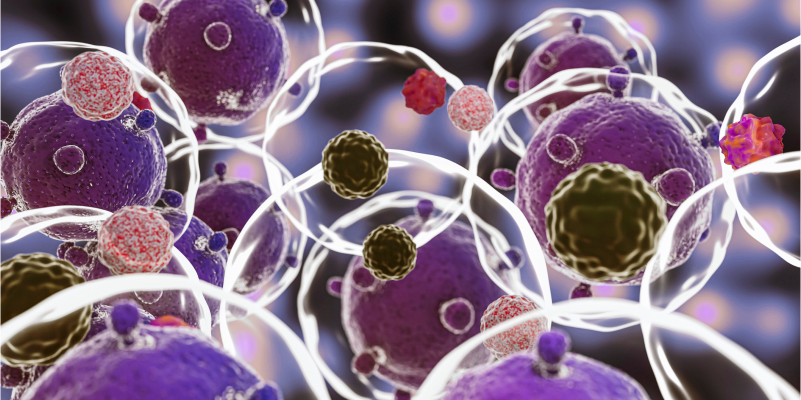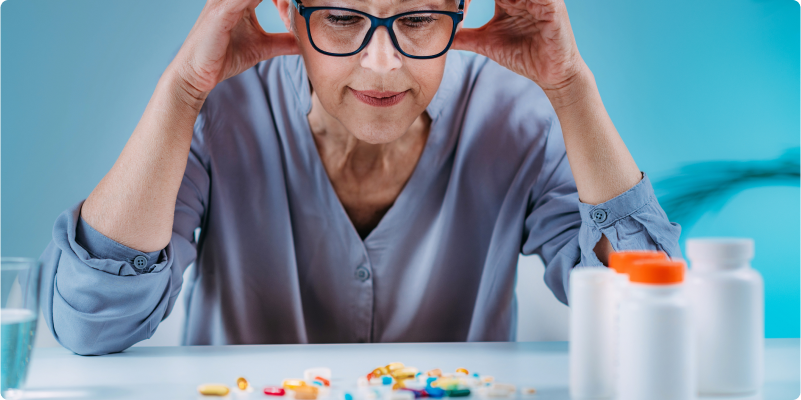Cancer, a word that evokes universal concern and fear, is a complex group of diseases with many possible causes. It fundamentally affects how our cells grow and divide, leading to life-threatening tumors and abnormalities within the body. This article aims to demystify cancer by exploring its definition, how it differentiates from normal cellular processes, its development, genetic influences, the process of metastasis, and the various types of cancer that exist.
The Definition of Cancer
Cancer is the name given to a collection of related diseases characterized by the uncontrolled division of cells. Under normal circumstances, human cells grow and divide to form new cells as the body needs them. When cells become old or damaged, they die, and new cells take their place. Cancer disrupts this orderly process. It begins when genetic mutations interfere with this cycle, causing cells to become abnormal and survive when they should die. These abnormal cells can proliferate without stopping and may form tumors.
Differences between Cancer Cells and Normal Cells
Cancer cells differ from normal cells in several key ways. Firstly, cancer cells grow and divide at an unregulated pace while normal cells follow a strict growth, division, and death cycle. Secondly, cancer cells can influence the normal cells, molecules, and blood vessels around a tumor (a process known as the tumor microenvironment) to feed the growth of the cancer. Thirdly, cancer cells can evade the immune system, allowing for their uncontrolled growth and metastasis, unlike normal cells which are targeted and destroyed when they malfunction.
How Does Cancer Develop?
Cancer is the result of mutations in the DNA within cells. The genetic code tells cells when to grow, divide, and die. Mutations may happen by-chance during cell division or they can be triggered by environmental exposures, such as radiation and carcinogenic chemicals. Some mutations may also be inherited from our parents.
As these mutations accumulate, the risk for cancer increases. A single mutation is seldom enough to cause cancer; it is the accumulation of multiple genetic anomalies that leads to the disease.
Types of Genes that Cause Cancer
Cancer is typically caused by changes to key genes that regulate cell functions, specifically, those involved in cell growth and division. These include:
- Oncogenes: They promote cell growth and reproduction. Mutations in these genes can cause them to remain “turned on” permanently, pushing a cell to divide uncontrollably.
- Tumor suppressor genes: These are responsible for slowing down cell division, repairing DNA errors, and telling cells when to die. When these genes are mutated, they fail to function correctly, and cells can grow uncontrollably.
- DNA repair genes: These genes fix errors made when DNA is replicated to prepare for cell division. Mutations in these genes result in other mutations accumulating, potentially leading to cancer.
When Cancer Spreads
Cancer spreads through a process known as metastasis. Cancer cells break away from the primary (original) tumor, travel through the bloodstream or lymph system, and form new tumors (metastatic tumors) in other parts of the body. Metastatic cancer retains the name of the original cancer. For example, lung cancer that spreads to the liver is called metastatic lung cancer, not liver cancer.
Types of Cancer
Cancers are classified in two primary ways: by the origin site and by the type of tissue or cell they start in. This gives rise to several broad categories:
- Carcinoma: Originates in the skin or tissues that line the internal organs. Examples include breast, lung, and colon cancers.
- Sarcoma: Arises from connective tissue like bones, muscles, cartilage, and blood vessels. Examples include osteosarcoma and Ewing sarcoma.
- Leukemia: Starts in the tissue that forms blood, such as the bone marrow, causing large numbers of abnormal blood cells to be produced and enter the bloodstream.
- Lymphoma and Myeloma: Cancers that begin in the cells of the immune system.
- Central Nervous System Cancers: Cancers that start in the tissues of the brain and spinal cord.
How to Treat Cancer?
To learn more about how to treat cancer and its side effects such as cancer-related fatigue, we recommend reading our next article.
In Conclusion
Cancer consists of a myriad of diseases that can impact every organ and tissue in the human body. Understanding the basic definitions, the distinction between cancerous and normal cells, how cancer develops and spreads, and the various types of cancer, empowers individuals to engage in more informed conversations with their healthcare providers. Continuous research and advances in science and medicine provide hope for new ways to prevent, detect, and treat cancer, aiming to transform it from a life-threatening disease to a manageable condition.















